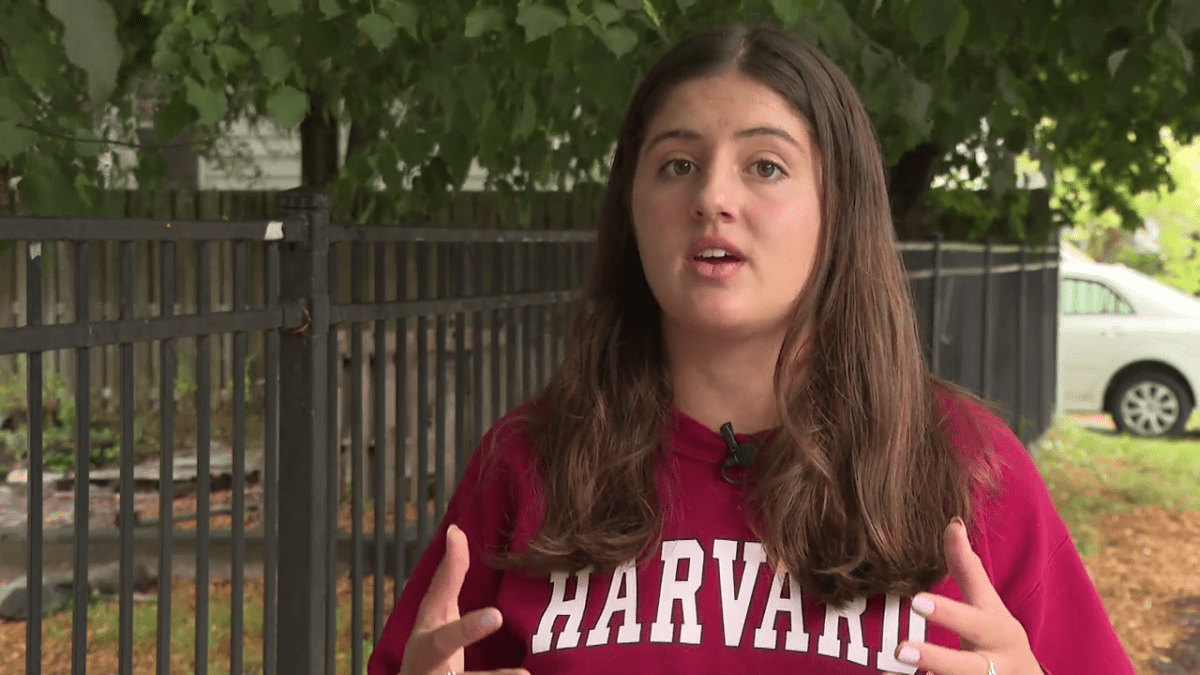Halifax regional council has unanimously approved a motion to direct the city’s CAO to put a range of emergency housing in place for people who are unhoused, admitting the forcible eviction of encampments in the Halifax area did not go according to plan.

The motion, put forward by Mayor Mike Savage, waives the requirement for a staff report and allows the CAO to spend up to $500,000 to address these needs, in consultation with community-based social service providers.

While housing is a provincial responsibility, said Savage, “we need to show now that we can be a key player in the solution.”
The vote came nearly two weeks after Halifax Regional Police officers forcibly removed encampments around the city, resulting in chaotic protests that led to two dozen arrests and officers pepper spraying crowds of people, including a 10-year-old girl.
While the city has previously maintained that those who were forcibly removed were offered alternative housing, Savage admitted Tuesday that “clearly this was not the case in all cases and we have been working to close that loop.”

During the discussion, Coun. Waye Mason acknowledged that “some things did go wrong” during the evictions on Aug. 18. He suggested the city hire more social workers and co-ordinators, and implement a housing task force in the next budget.
“We may need to spend millions and I am prepared to spend millions to get people out from under tents before the snow flies,” he said. “I don’t think that’s acceptable.”
He said he has previously joked in private — and is now making the idea public — that the city should hire lawyers and sue the province for the money required.
According to the city’s CAO, Jacques Dubé, there are currently 81 unhoused people who need shelter right now, based on numbers from street navigators, though this is a “moving target.” Twenty-six people accepted housing options on Monday, he said.

A further 380 to 400 people are chronically unhoused. While Mason said Tuesday’s vote focuses on the people who need emergency shelter right now, he noted the issue of housing is affecting more and more people.
“We also recognize that the housing crisis is deeper than that, that the housing crisis includes working class folks and everyday people who cannot find a place they can afford to live despite having jobs,” he said.
Mason added that he does not support “tent cities” but he doesn’t think they should be removed. He said Halifax should look at what cities like Hamilton have done, which have “clearly communicated” rules around where tents can be set up.
“What we need is to open our purses and open our hearts and minds for new solutions that we can implement to get people into safe and adequate housing,” he said.
Looking at options
Dubé said to address this “complex and very challenging issue,” he will direct staff to begin assessing municipal property and facilities that can be used for housing, as well as other options like hotels and buildings that can be retrofitted for safe, short-term accommodations.
He said they have identified three potentially viable sites, two of which would need some work, and they are assessing mobile units to be set up on public land.
Should those come to fruition, they should be able to accommodate 40 people, he said. Dubé also said the money would help support service providers, who have been “understaffed and underfunded.”
“This dedicated funding will allow us to leverage these opportunities that can have the most immediate impact,” he said.
Dubé said the initial $500,000 would likely get them through until the end of the year, and if additional funding is needed after that it could go back to council.
The motion unanimously passed, with an amendment to provide public updates each month for the remainder of the year and quarterly updates after that.
Council also approved a motion put forward by Coun. Pam Lovelace for a staff report looking into creating an advisory committee on homelessness made up of people who have lived experiences.
People ‘living in a state of fear’
Claire Chadwick is a member of P.A.D.S. Community Network, which advocates for permanent, accessible, dignified and safe housing for people.
She said while permanent housing is the end goal, the network is calling for a moratorium on evictions until it’s put in place.
“We understand that tents and makeshift shelters aren’t where anyone should be living, but they are the most compassionate option we have now,” she said.
The evictions have been traumatic for those who were displaced, she said. Some have lost all of their belongings — including medications — and some have been kicked out of hotels or have run out of hotel nights.
Chadwick said she hasn’t seen any of those people connected to services and the network, working out of Meagher Park, has only received one or two visits from city outreach workers and zero from council.
“Otherwise, we have been on our own, responding to this crisis,” she said.
Without a moratorium, people are “living in a state of fear” of being evicted again. She added that hotels don’t always work because people staying there are not provided with wraparound services. Some struggle with substance issues and others have pets or partners, which can complicate things.
Chadwick approves of the plan to implement a homelessness task force including people who have experienced these issues first-hand, but said there is a long road ahead for the city in terms of rebuilding trust with the community.
“In order for folks with lived or living experience to feel safe participating in these processes — which have been, frankly, really inhumane to them so far — there needs to be efforts from the city to first build trust and to show us that they do in fact have good intentions,” she said.
“Because I think a lot of folks are questioning that right now.”
— with files from Alexa MacLean






Comments